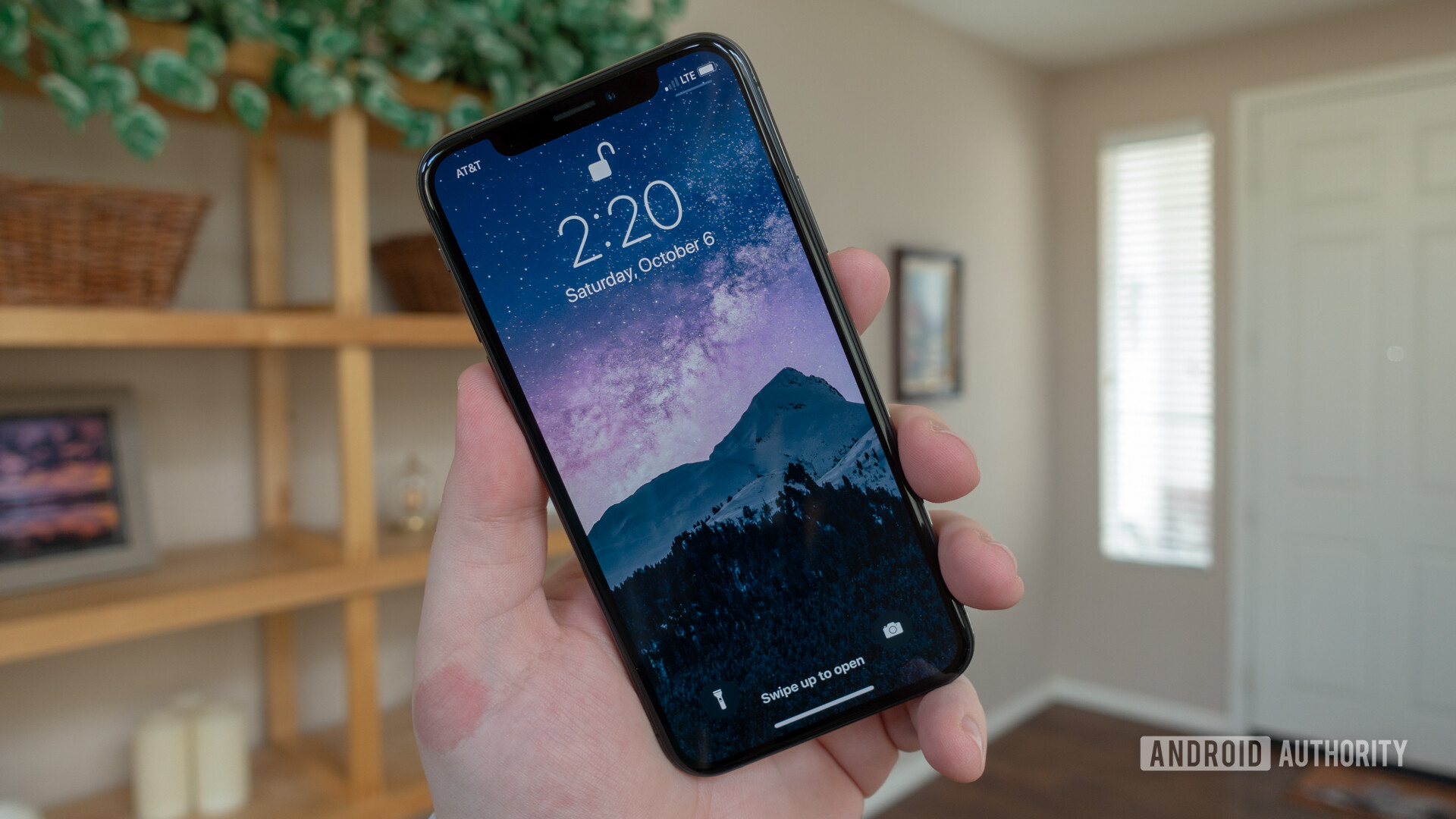

Anyone who's ever wondered whether their Android smartphones retain trade-in value now has an answer, thanks to a new study.
The study, which was performed by smartphone trade-in value comparison site SellCell, looked into the value of various Android devices in like-new condition. It also compared the results to iPhone devices to see which phones were the best at holding their value when traded-in.
Newer Android trade-in values
The Samsung Galaxy S10 was one of the first devices that caught our eye, as a 128 GB version of the device is expected to net $371 in trade-in value. Compare that to the original MSRP of $899, and the device lost $528 since its March 2019 release date. That means it has dropped 58.73%.
Another device of interest is the Google Pixel 4, which fetches $341 in like-new condition. The MSRP of the device is $799, which means it depreciated by $458 since it released in September 2019. That's a 57.3% depreciation, which is a very similar percentage between the Samsung and Google devices. However, the Samsung device is six months older, which means the Google Pixel 4 is depreciating much more quickly.
Older device trade-in values
In addition to a section talking about the value of newer devices, the study has a full table of older devices that breaks down their depreciation as well.
- iPhone XS Max (64 GB): 2018 MSRP $1099 depreciates by 56.8% to 2020 resale value of $475
- iPhone XS (64 GB): 2018 MSRP $999 depreciates by 56% to 2020 resale value of $440
- iPhone XR (64 GB): 2018 MSRP $749 depreciates by 53.2% to 2020 resale value of $350.75
- Samsung Galaxy S9+ (64 GB): 2018 MSRP $840 depreciates by 75.6% to 2020 resale value of $205
- Samsung Galaxy S9 (64 GB): 2018 MSRP $719 depreciates by 75.9% to 2020 resale value of $173
- Samsung Galaxy Note 9 (128 GB): 2018 MSRP $1000 depreciates by 72.4% to 2020 resale value of $276
- Google Pixel 3 XL (64 GB): 2018 MSRP $899 depreciates by 79.1% to 2020 resale value of $188
- Google Pixel 3 (64 GB): 2018 MSRP $799 depreciates by 79.2% to 2020 resale value of $166
- Sony X22 Premium (64 GB): 2018 MSRP $999 depreciates by 87.2% to 2020 resale value of $127.6
- Sony X22 (64 GB): 2018 MSRP $799 depreciates by 86.9% to 2020 resale value of $105
- LG V40 ThinQ (64 GB): 2018 MSRP $900 depreciates by 83.6% to 2020 resale value of $147.40
- LG G7 ThinQ (64 GB): 2018 MSRP $749 depreciates by 89.7% to 2020 resale value of $77
Android vs. iPhone trade-in value
The iPhone XS has a trade-in value of $471 and an MSRP of $999. That means it depreciated down in value by $528, which is 52.85%. However, it's quite a bit older than the Android devices, having released in September 2018. In spite of being a year old than the Google Pixel 4, the depreciation percentages are quite similar.
One thing that's clear from all of the data is that iPhones hold their value far better than Android phones as they get older.
The COO of SellCell, Sarah McConomy, spoke on the matter. She said, "Many consumers might think the iPhone is too expensive but when it comes to trading in that iPhone a few years later that phone will actually put more money back in your pocket than other phone brands."
Not that any phone should be considered an investment, as they all lose a tremendous amount of value as soon as they're used, iPhones definitely are worth more when they're traded into third-party resellers. If you're thinking about buying an Android phone with the intention of maximizing its trade-in value, you probably should rethink your reasons for buying.
More posts about Android
from Android Authority https://ift.tt/3eTNVYl
via IFTTT










Aucun commentaire:
Enregistrer un commentaire